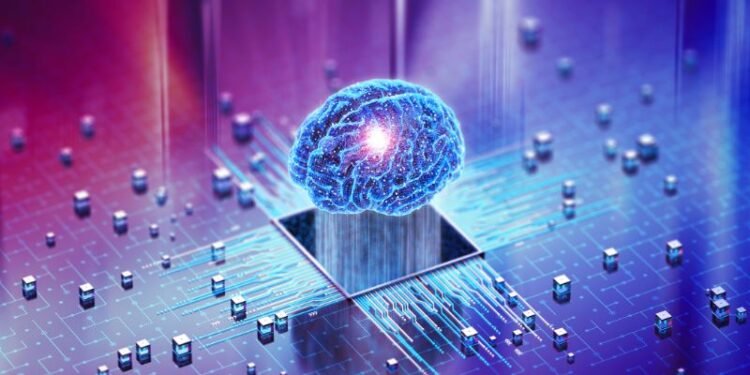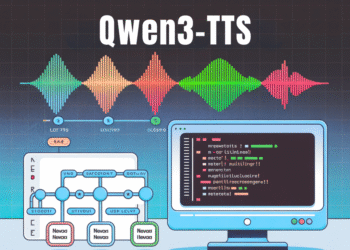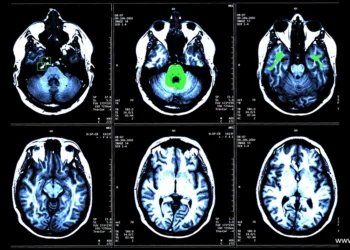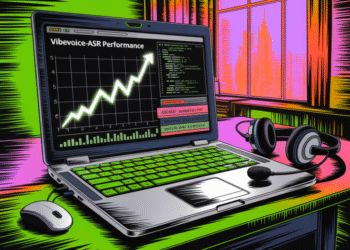When Demis Hassabis, co-founder and CEO of Google DeepMind, makes a prediction, the world listens — and his latest one is a jaw-dropper. Speaking with The Guardian, Hassabis warned that the impact of artificial intelligence could be “10 times bigger than the Industrial Revolution” — and, more worryingly, “10 times faster” in how quickly it unfolds.
Let that sink in for a moment. The Industrial Revolution, which took place over more than a century, reshaped economies, rewired social structures, and redefined human labor. Now imagine that kind of disruption — on steroids — happening in just a few years. That’s the future we’re racing toward.
“This Is Happening Whether We Like It or Not”
Hassabis isn’t the only tech heavyweight sounding the alarm (or blowing the trumpet, depending on how you see it). Just last month, OpenAI’s CTO Mira Murati noted that we’re entering “a profoundly transformative phase for human civilization,” suggesting that AI could change everything from healthcare to warfare within a decade.
And it’s not just hyperbole. AI is already reshaping the job market. Goldman Sachs recently projected that up to 300 million jobs could be impacted globally as generative AI automates routine tasks across white-collar industries.
The Double-Edged Sword of Speed
There’s a bit of a catch, though. As Hassabis pointed out, “the speed at which these breakthroughs are coming is unprecedented.” That rapid pace brings the risk of societal whiplash. Are our governments, education systems, and ethical frameworks even remotely ready to handle a world where machines can think, code, write, diagnose — and possibly even empathize — better than us?
Let’s be real. When electricity or steam engines rolled out, society had decades to adapt. AI? We’re getting months.
In that same conversation, Hassabis emphasized the need for global cooperation and guardrails. And he’s not just throwing out philosophical ideas — DeepMind has been actively working with regulatory bodies across the UK, US, and EU to push for responsible AI development.
So, What Does the Future Actually Look Like?
Here’s the thing: Hassabis isn’t saying we’re doomed. He’s optimistic — cautiously so. He believes that AI could help cure diseases, crack the mysteries of the universe, and even solve climate change. That might sound like sci-fi, but DeepMind already has real-world wins under its belt, like using AI to predict the structure of nearly every known protein, which has revolutionized molecular biology.
And guess what? DeepMind isn’t alone. In the US, Microsoft-backed OpenAI has been testing GPT-5 internally, reportedly with capabilities far beyond anything we’ve seen publicly.
But Not Everyone’s Cheering
Critics have questioned whether this AI arms race is a little too fast and loose. Researchers from MIT and Stanford have warned that we’re still grossly underprepared for the social consequences of mass automation, misinformation campaigns, and AI-generated manipulation.
And then there’s the data. While many AI models are now being trained on ethically sourced or synthetic data, a vast number still rely on scraped web content — raising ongoing legal and moral debates. The recent lawsuits from news organizations and artists are a stark reminder that the rules of this new world are still fuzzy at best.
My Take? We’re in the Wild West of Tech
Let’s call it what it is — this is uncharted territory. Hassabis is right to urge urgency, cooperation, and caution. But let’s not sugar-coat it either. The companies building this tech are moving fast, driven by competition, investor pressure, and (sometimes) a genuine desire to improve the world.
But they aren’t waiting for policymakers to catch up — and that’s where things get dicey. If we don’t lay down the ethical scaffolding now, we might find ourselves living in a world we didn’t really vote for.
And maybe, just maybe, that’s the most human challenge of all.
















